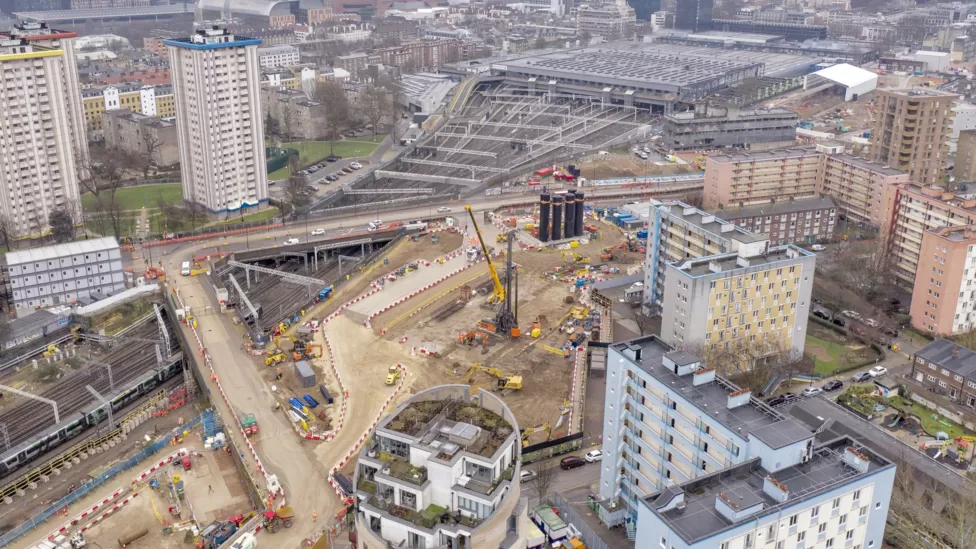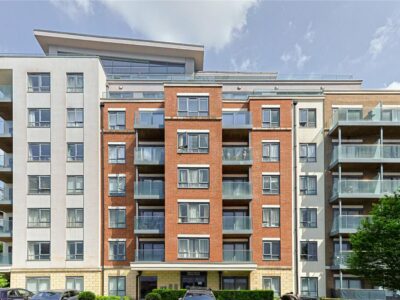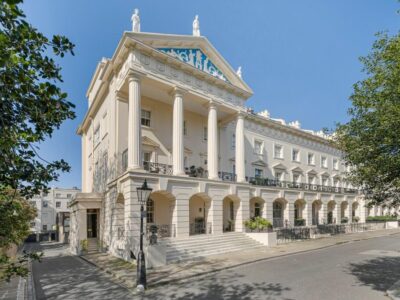The government says it is committed to delivering the HS2 rail line to Manchester after a report the scheme may no longer reach central London. The Sun reported that rising inflation and construction costs meant HS2 trains may terminate in the suburbs of west London instead. The paper said bosses were considering pushing back its Euston terminus to 2038 or scrapping it completely. The government has not denied the report. The move would mean trains would run from a new hub at Old Oak Common, about 8km (five miles) away, and commuters would have to use the Elizabeth Line or Tube to travel to central London. A two to five-year delay to the entire project is also being considered, the newspaper said.
A Department for Transport (DfT) spokesperson said the government remained committed to “delivering HS2 to Manchester, as confirmed in the Autumn Statement”. HS2, or High Speed 2, was originally intended to connect London with Birmingham, Manchester, and, Leeds. The leg to Leeds has since been scrapped. Work on the first phase of the project – between London and Birmingham – is well un underway part of the line is due to open by 2033. But the project has faced delays and mounting concerns over the exact route and its potential environmental impact. Pressure group Stop HS2 said it believed the project would increase carbon emissions and damage areas of natural beauty. Protesters, including veteran eco-protester Swampy, have built tunnels in an attempt to disrupt HS2 construction.

The estimated cost of HS2 was between £72bn and £98bn at 2019 prices. A budget of £55.7bn for the whole of HS2 was set in 2015 – but this was made before the Leeds leg was cancelled. A report published last October found it was unlikely that the £40.3bn target for the first section of the line would be met.
Transport Secretary Mark Harper has said HS2 was “experiencing high levels of inflation” and it was working with “suppliers actively to mitigate inflationary increases”. Research from the Department for Business, Energy & Industrial Strategy and Office for National Statistics published in September showed that construction materials across the UK experienced inflation of 18% from August 2021 to August 2022. Mr Harper said inflation was not affecting the “overall affordability of HS2 in real terms” but it was “creating pressures against its existing annual funding settlements”.
The head of the National Infrastructure Commission told BBC News in November that cutting back on the HS2 rail route would be “silly”. “I think you’ve got massive investment, which has happened in Birmingham ahead of HS2 – it just shows what can happen. And Manchester of course equally is now seeing investment off the back of HS2. I think that would be a very strange decision,” he said. A senior figure at the DfT warned last week that “quite tough decisions” could lie ahead for the scheme.
![]()





